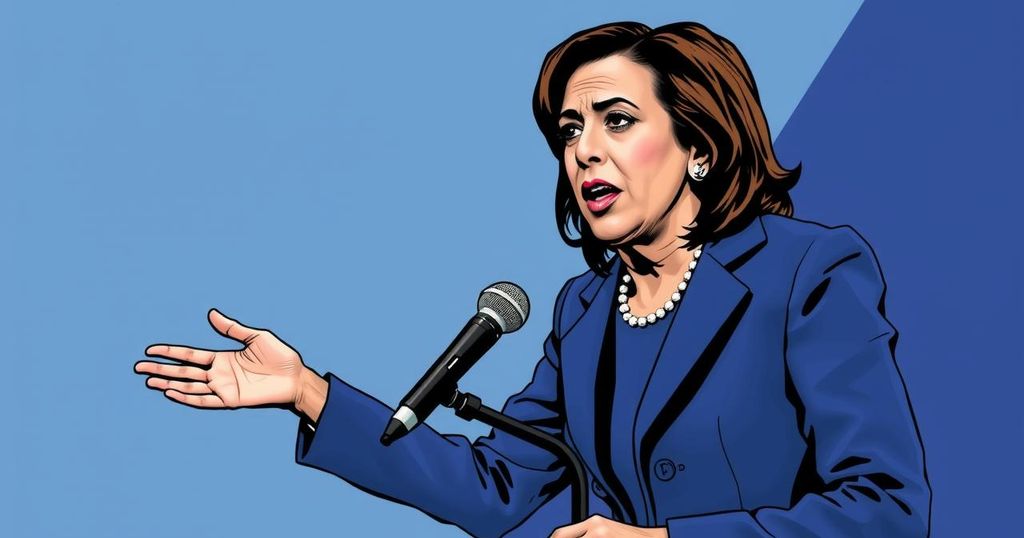The recent election signifies a critical shift in American politics, marked by Donald Trump’s return amidst Democratic missteps and an anti-incumbent sentiment. The piece explores various factors influencing the election outcome, emphasizing the historical context of Democratic dominance and the public’s readiness for substantial change.
The 2016 election was a deeply emotional setback for America’s liberal community, but the latest election outcome felt more like a resigned acceptance of despair. While the true extent to which former President Trump’s drastic agenda will manifest remains uncertain, his re-election raises the likelihood of significant alterations to the country— albeit potentially without descending into outright authoritarianism. Despite buzz surrounding the Democratic campaign’s Project 2025, Election Day revealed public anxieties about inflation and immigration had shifted to accepting Trump’s radical proposals. As months of frantic analysis led many liberals to question how a close race became plausible, various explanations emerged. Some leapt to existential musings on the electorate’s ignorance or anger, while others considered tangible campaign failures such as rising prices, President Biden’s perceived deficiencies, or controversial foreign policy decisions. An underlying truth remains: The Democratic Party, having enjoyed control of the White House for 12 out of the last 16 years, faced a significant political tide. Moreover, with no Republican winning the popular vote in presidential elections since 2008—besides an exception in 1992—it illustrates a historical anomaly of Democratic dominance, underscoring a prevailing anti-incumbent sentiment worldwide. Many political analysts increasingly note this trend as voters gravitate towards alternatives, particularly to the political right, reflecting a broader global discontent with established leadership in the wake of crises like the Great Recession and the Covid pandemic.
The article discusses the repercussions of the 2024 election results, reflecting on the liberal sentiment following Donald Trump’s re-election. It probes into the dynamics of public opinion, examining the socio-economic factors that contributed to the elections’ outcome while placing it within the context of the Democratic Party’s political history, especially given its lengthy hold on the presidency and the shifting attitudes of voters globally.
In summary, the 2024 election underscores a significant political shift, characterized by a rejection of the incumbency that has dominated recent history. With a resurgent Trump breaking through amidst Democratic challenges, particularly relating to economic concerns and national identity, the outcome reveals a nation ready for substantial change, despite the risks associated with such a transformation. As analysts remark, the anti-incumbent mood may signal deeper societal struggles that transcend electoral politics. This election remains a pivotal moment for understanding the currents influencing American democracy.
Original Source: www.nytimes.com







